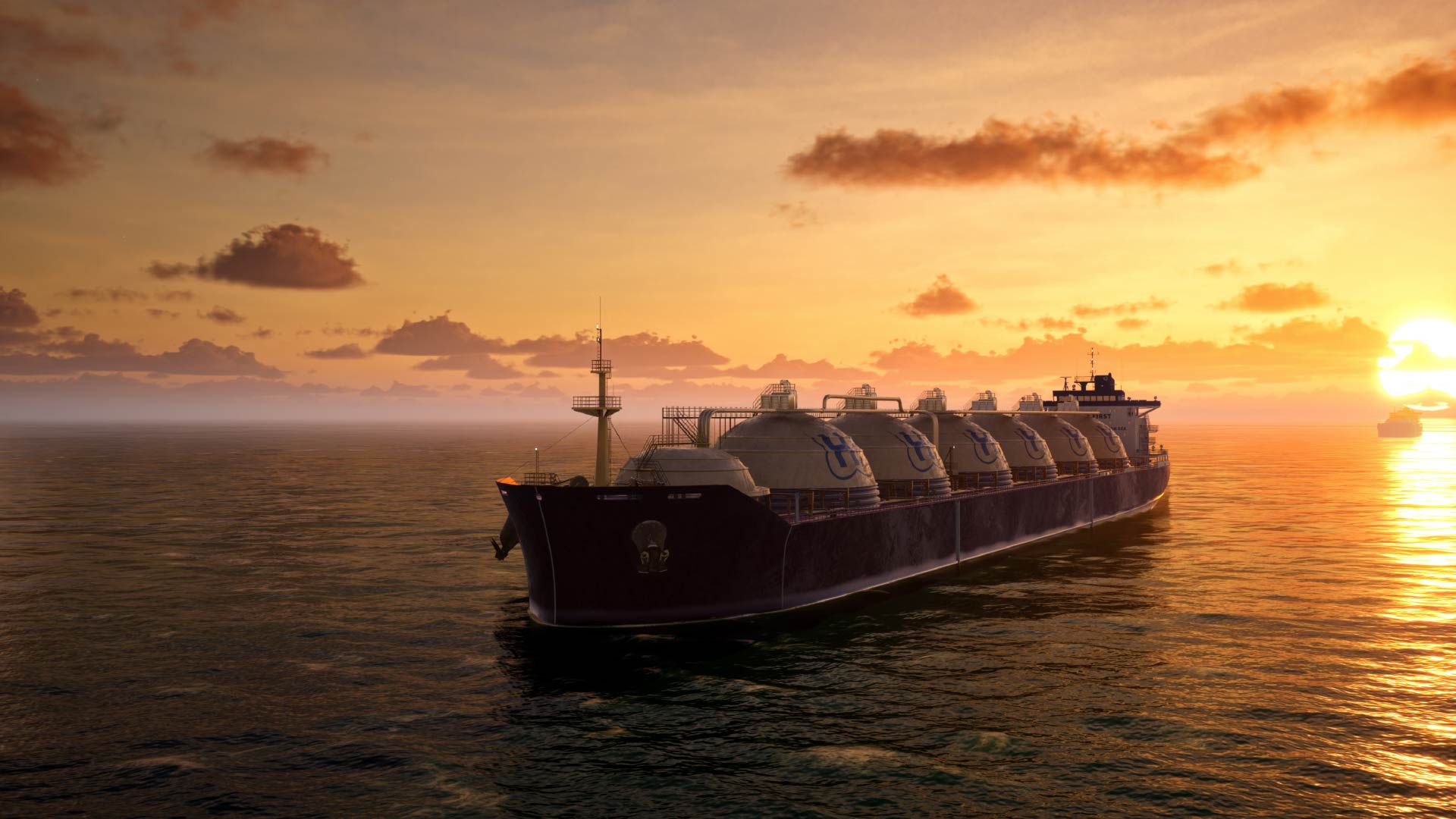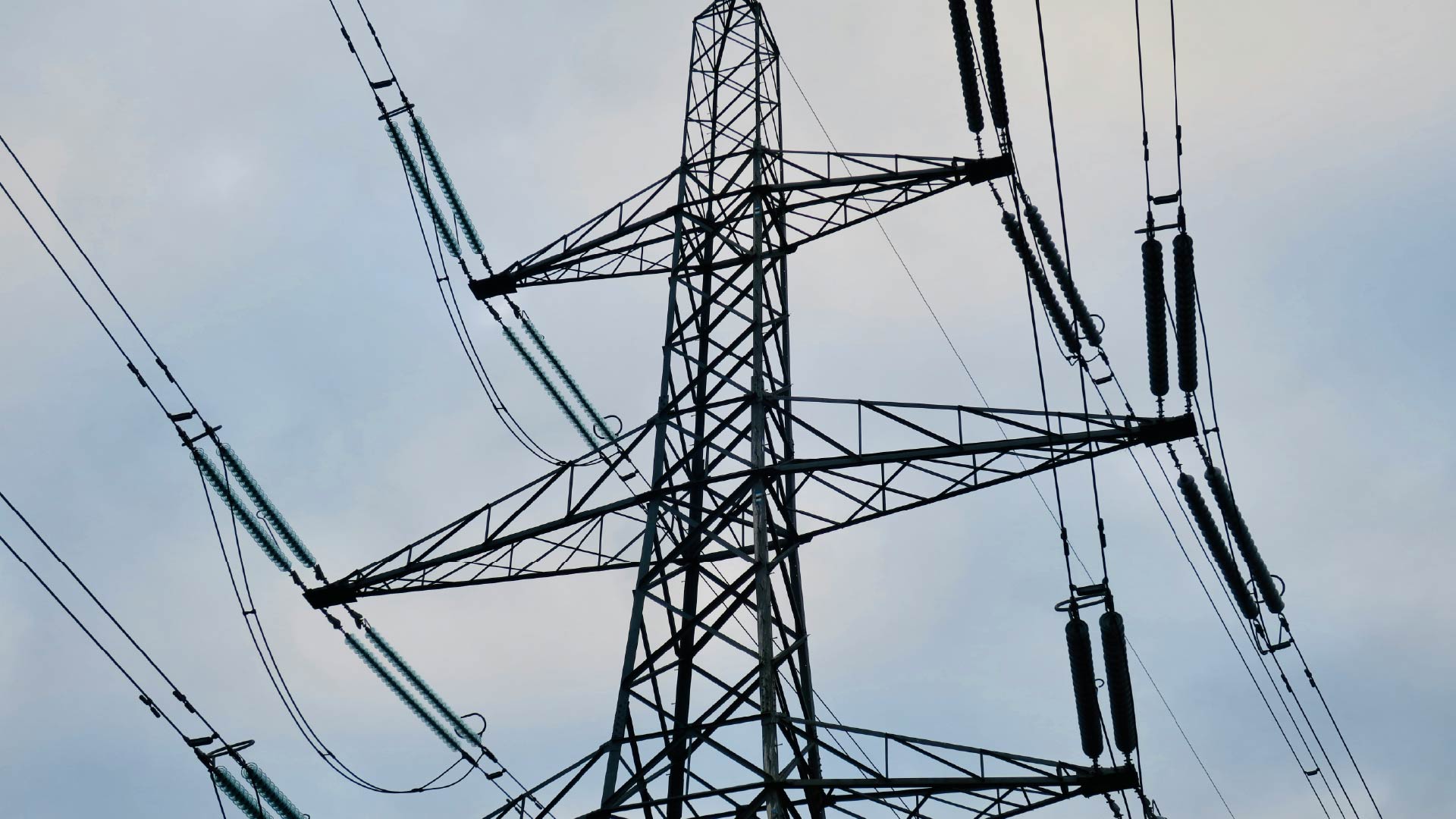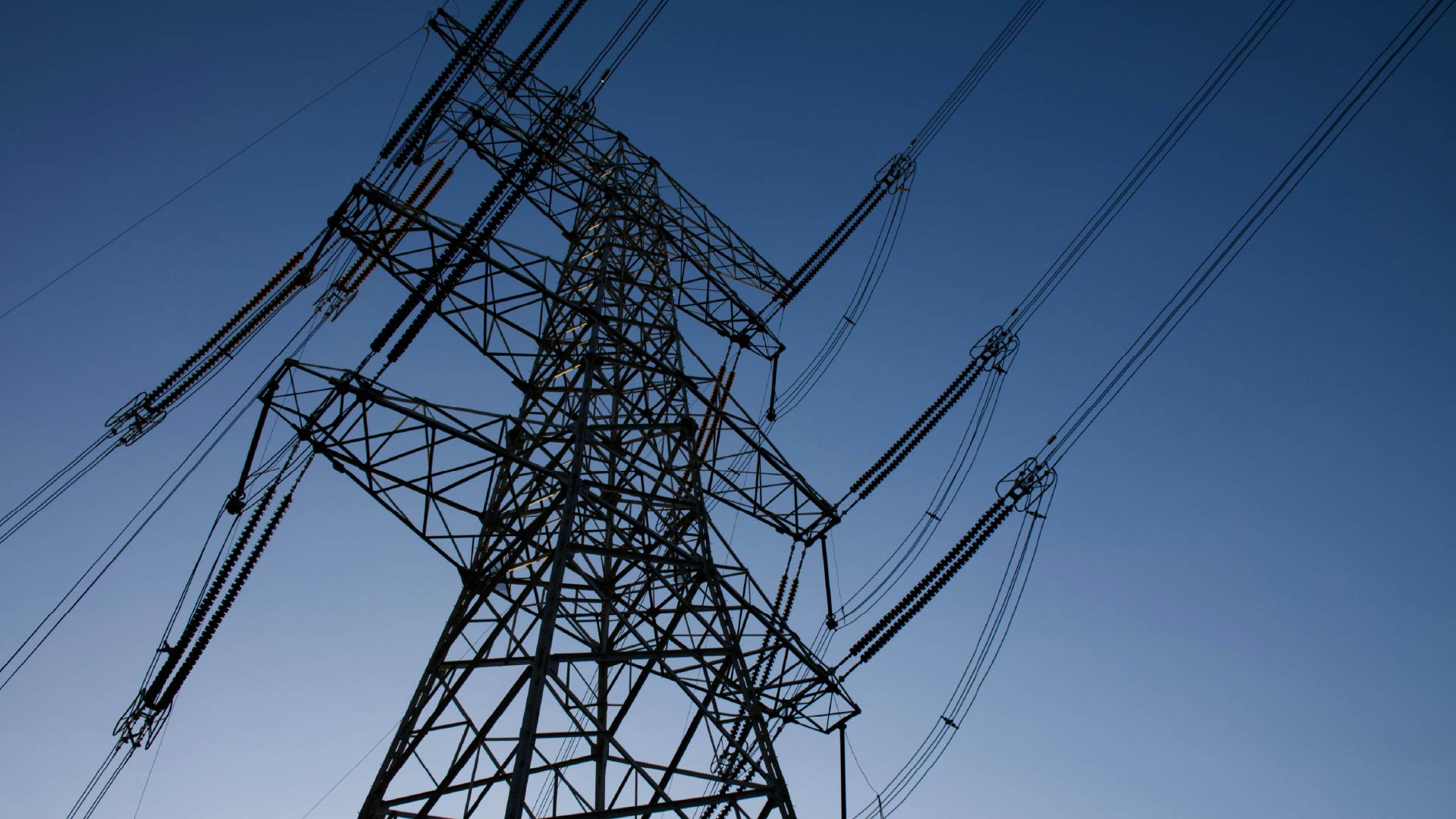The Race To Clean Energy Gets Going

Alice Saunders
The European Commission launched the Green Deal Industrial Plan on February 1st to support the scaling up of EU manufacturing of renewable energy and low emissions technologies. This came as a response to the Inflation Reduction Act, passed last year in the US, which unlocked $391 billion in climate and renewable energy funding with a focus on nationalizing manufacturing. This Act fired the starting pistol of a race to clean energy, catalysing a series of similar measures from countries competing to attract green businesses; the EU is the latest entrant with its new Green Deal Industrial Plan.
The Inflation Reduction Act also created global trade tensions – particularly between the US and the EU, and the US and South Korea – for allegedly violating world trade organization treaties and damaging international economies. Germany’s economy minister described the US support as “hoovering up investments from Europe”. Indeed, the Swedish battery manufacturer Northvolt is now looking to the US to expand production, and to ensure its products can remain competitive in North America.
The new Green Deal Industrial Plan involves a range of proposed measures to keep EU production competitive, including:
- Identifying net zero industry goals and providing a regulatory framework to support the quick scale-up of technologies.
- Drawing €250 billion ($272 billion) from existing funds.
- Developing a European sovereign fund before summer 2023.
- Amending state aid rules with the aim of boosting renewable energy development and the production of equipment needed in the net zero transition, such as heat-pumps, batteries and carbon capture storage.
- Creating net zero industry academies to support skill development.
- Forming a critical raw materials club to bring together buyers and resource-rich countries.
The commission plan has received a mixed reception, with countries such as Spain and Italy concerned that the subsidies will only help larger economies like Germany, which have the capacity to invest in domestic firms.
A race to clean energy will lead to one of two outcomes. It may accelerate the low carbon transition by increasing investment in renewable energy and the technologies needed for global decarbonization as countries seek to overtake each other. Or, it may slow innovation, as firms simply threaten to move overseas unless they receive even higher subsidies. Watch this space.
For further information on the Inflation Reduction Act, see Strategic Focus: The Impact Of The Inflation Reduction Act In The US, and to read more about energy transition strategies at industrial firms, see Best Practices: Energy Transition Strategies For Industrial Facilities.
About The Author

Alice Saunders
Industry Analyst





